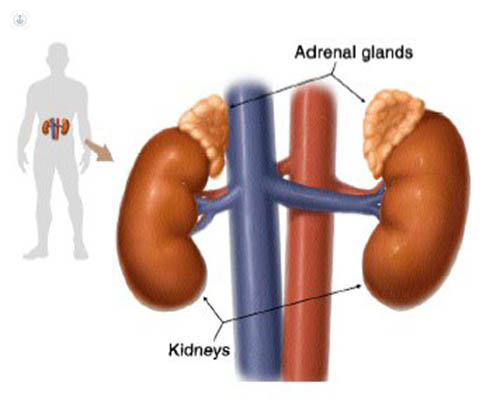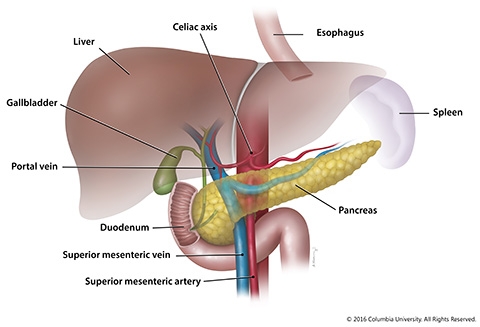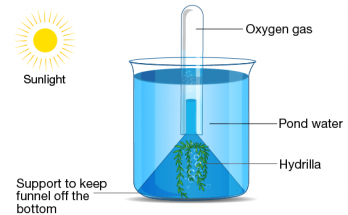Endocrine Glands

Adrenaline hormone is secreted from Adrenal Gland directly into the blood and is carried to different parts of the body. It acts on target organs or specific tissues like the heart. It prepares the body for rapid action in stressful situations.
It increases heart beat accompanied by an increase in blood pressure.
It increases blood supply to the muscles while decreasing it to skin and visceral organs.
Pituitary Gland
- The pituitary gland in the brain is often referred to as a master gland.
- It secretes several hormones, some of which control other endocrine glands.
Hypothalamus plays an important role in the release of many hormones. When the growth hormone level is low, hypothalamus releases growth hormone releasing factor which stimulates the pituitary gland to release growth hormone.
Pancreas

Pancreas is both a duct gland as well as a ductless gland.
As a duct gland, its secretion (pancreatic juice) is poured into the duodenum for digestion. As a ductless gland, it has special groups of hormone-secreting cells called Islets of Langerhans, which are scattered in the entire gland.
The islet cells produce three hormones insulin, glucagon and somatostatin.
Insulin rises in blood sugar level. It promotes glucose utilization by the body cells, thereby reducing the blood sugar level.
It stimulates deposition of extra glucose of the blood as glycogen in liver and muscles
Thyroid
The thyroid is a bilobed situated in front of the neck just below the larynx.
The thyroid gland produces thyroxine, which controls the body’s metabolic rate.
It also influences the general growth of the body, ossification of bones, body, temperature, mental development, etc.
Related Posts
